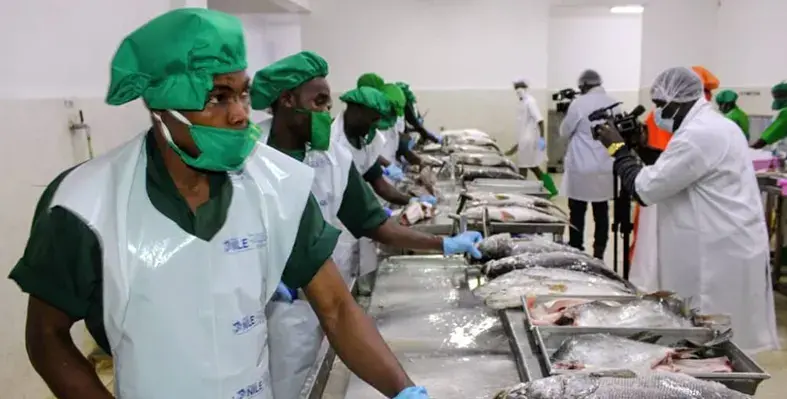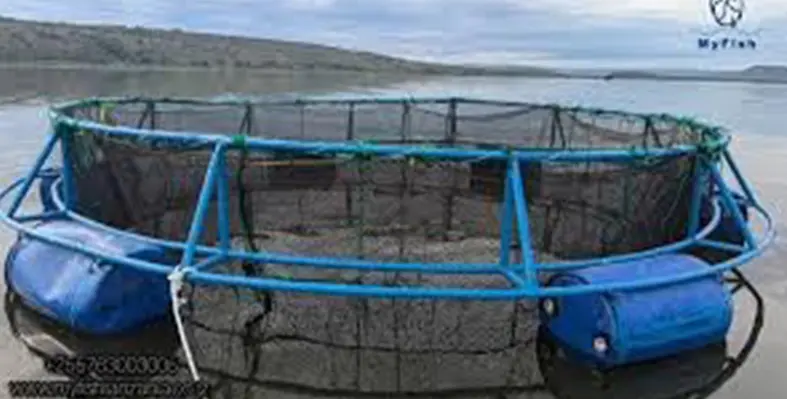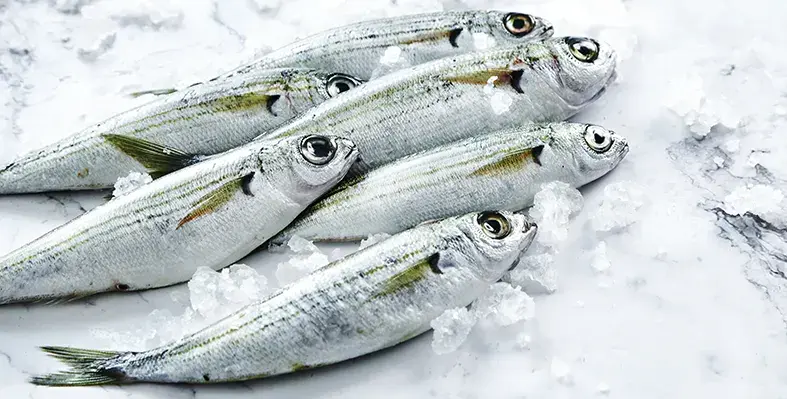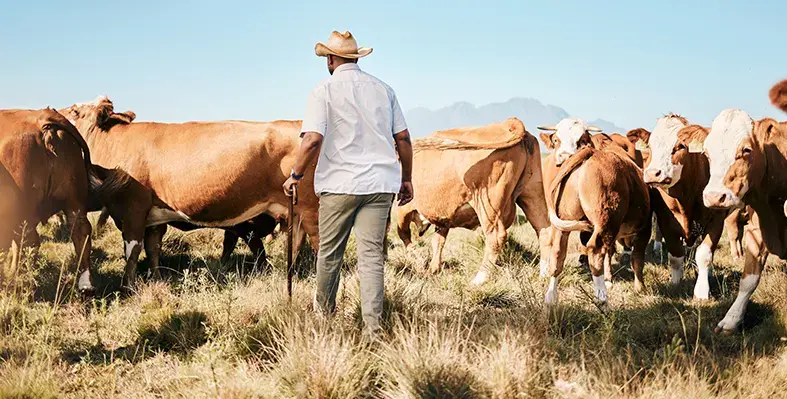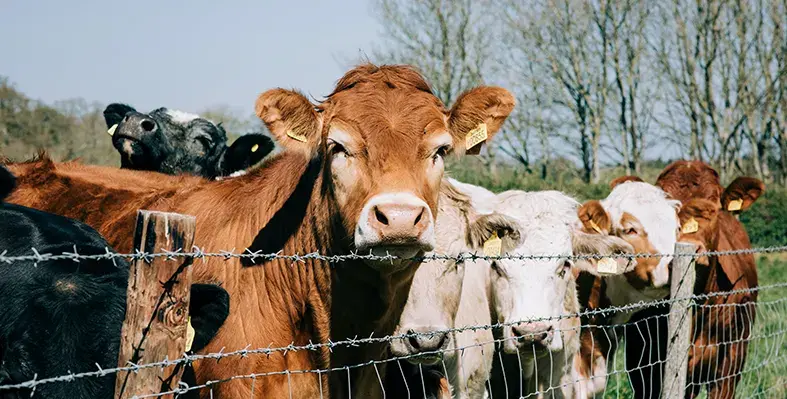
, South Africa’s FMD outbreak underscores the urgent need for stronger government action, rapid vaccination, and strategic support for the agricultural sector to safeguard food security.
Farmers across South Africa are warning that foot and mouth disease (FMD) is spiralling out of control, with the outbreak now affecting seven provinces and leaving the agricultural sector in crisis.
The disease has spread to KwaZulu-Natal, Gauteng, Free State, Mpumalanga, North West, Limpopo, and the Western Cape, causing severe disruptions to livestock farming, export markets, and food prices.
The outbreak, which began in early 2025 after infected cattle from KwaZulu-Natal were sold at auction, has forced the government into the spotlight. Farmers report that delays in response and vaccine shortages have allowed FMD to spread rapidly, while regulations prevent them from vaccinating their herds independently. Even when livestock show signs of illness or die, farmers must wait for official intervention.
Agriculture Minister John Steenhuisen initially downplayed the scale of the crisis but later admitted the situation was serious, stating, “This is a battle we are not winning.” He has promised a national vaccination programme starting February 2026. However, experts and farmers say this initiative comes too late. So far, just over 931,000 cattle have been vaccinated, a fraction of the national herd, with estimated costs to vaccinate all cattle exceeding R5.4 billion.
Testing facilities are also under pressure, leading to long delays for lab results and enabling further spread of the disease. Freedom Front Plus MP Dr Wynand Boshoff criticised weak leadership, noting that “testing delays mean animals recover while others become infected.”
The Southern Africa Agri Initiative has called for the outbreak to be declared a national disaster. Chief executive Francois Rossouw highlighted that such a declaration would enable faster funding, more staff, stricter movement controls, and improved communication. “It would allow vaccines, roadblocks, disinfectants and lab support to be rolled out quickly,” he said, emphasising that family farmers are bearing the brunt of the crisis and are largely left to cope on their own.
With rising meat and dairy prices, export bans, and the livelihoods of countless farmers at risk, South Africa’s FMD outbreak underscores the urgent need for stronger government action, rapid vaccination, and strategic support for the agricultural sector to safeguard food security.




